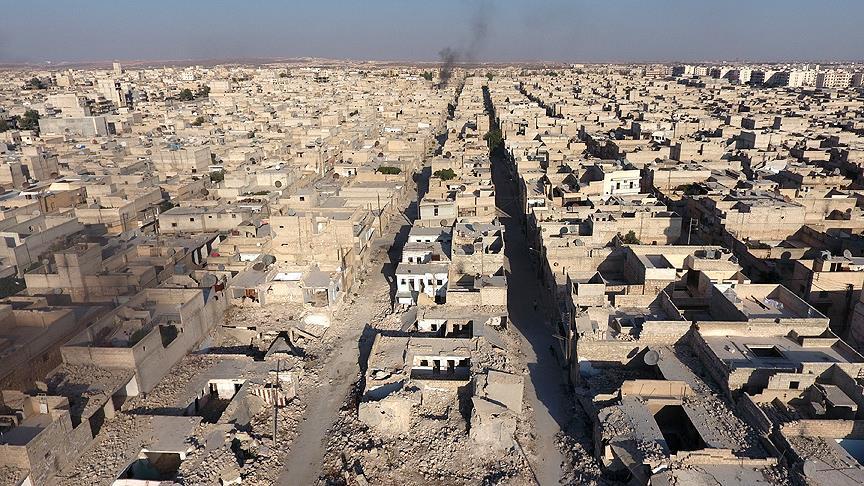Syria and Reconstruction: Between the Promises of the International Community and the Reality of Internal Challenges

The absence of an international conference for the reconstruction of Syria remains the biggest mystery, especially after the lifting of American sanctions. The reality indicates that the international community is still waiting for the completion of political and security requirements before committing to funding the reconstruction process. Syria continues to suffer from internal divisions.
Internal obstacles pose a major barrier to any genuine reconstruction effort. The absence of a legislative council capable of ratifying reconstruction plans complicates the scene, making donor countries hesitant to commit to providing support.
International support remains conditional on the implementation of clear political requirements. Western countries impose conditions such as the participation of all sects in the governance system, security measures to combat terrorism, addressing drug trafficking, and reducing Iranian influence. These conditions make the reconstruction process hostage to complex international political calculations.
In the face of this reality, the Syrian government seems to have chosen a different path. Instead of waiting for international aid, Damascus is turning towards relying on investments and self-resources. The establishment of the "Syrian Development Fund" represents a step in this direction, as its initial donations exceeded 60 million dollars within hours of its launch.
Minister Mohammad Nidal al-Shaar believes that the "big push" model, like the Marshall Plan, is not suitable for Syria, and emphasizes the importance of starting from the "first economic cell," which is the productive individual citizen. This vision focuses on empowering individuals and small and medium-sized enterprises before moving on to large projects.
However, experts warn that relying solely on self-funding is insufficient. The National Development Fund needs high levels of transparency and good governance to gain the trust of donors and investors. Its success also depends on its ability to attract larger Arab and international investments.
The biggest challenge lies in how to combine self-solutions with international support. Syria needs a comprehensive plan that leverages local resources while simultaneously working to fulfill international requirements to obtain external support.
Reconstructing Syria is not just an infrastructure building process, but a comprehensive national project that redefines the identity of the new Syrian state. Success in this project requires more than just money; it requires genuine political will, efficient institutions, international trust, and above all, the participation of all Syrians in building the future of their country.